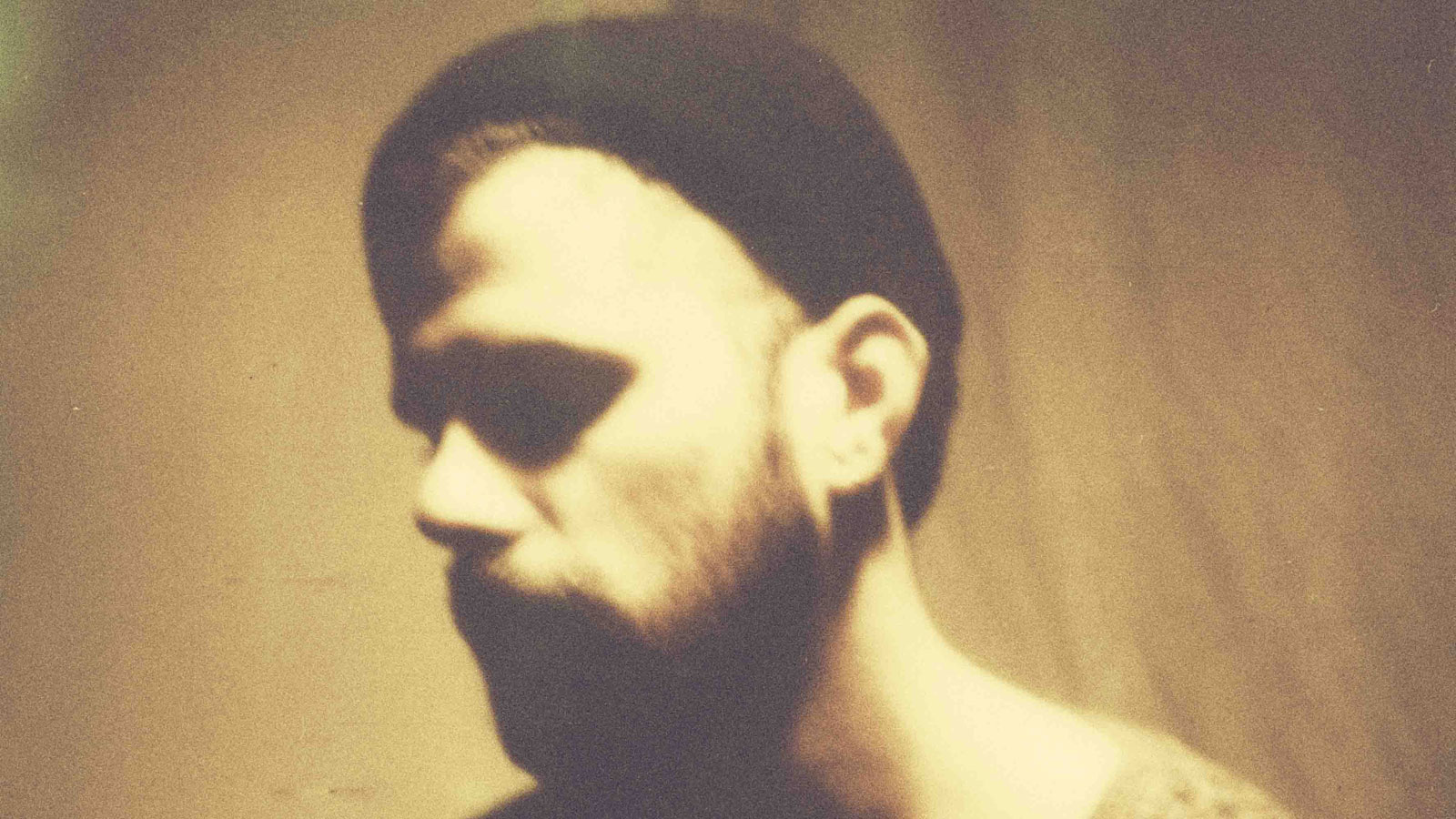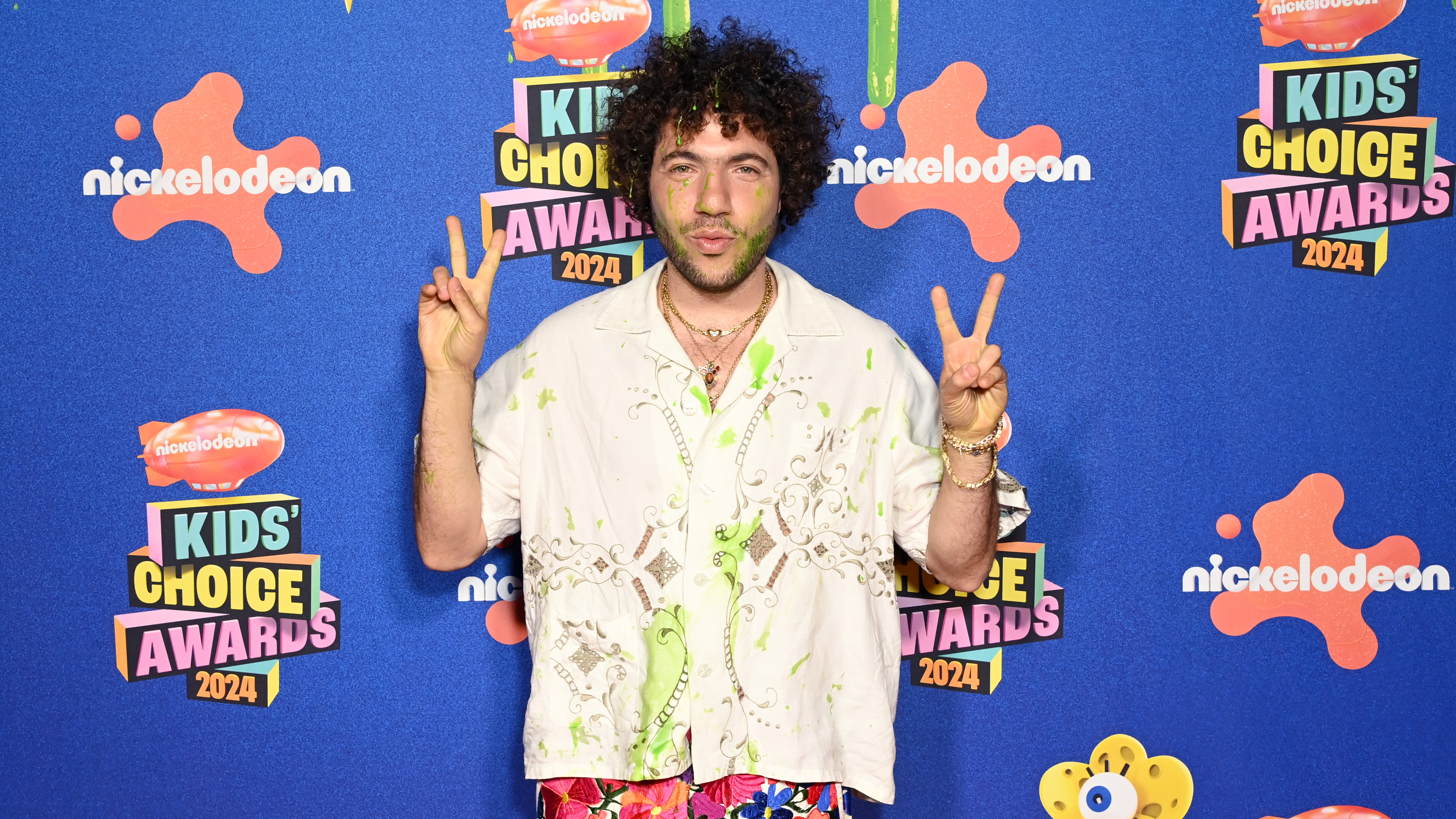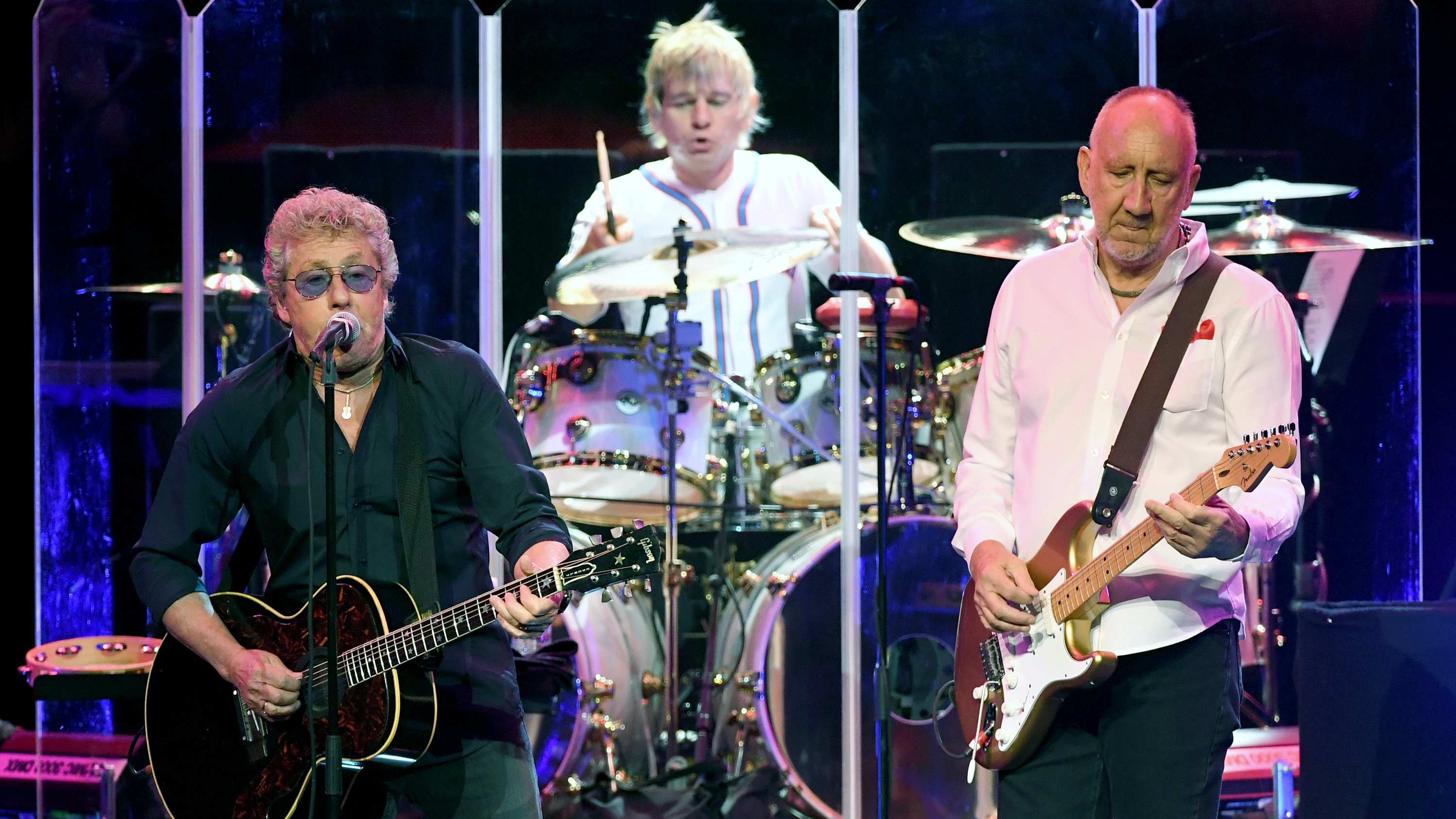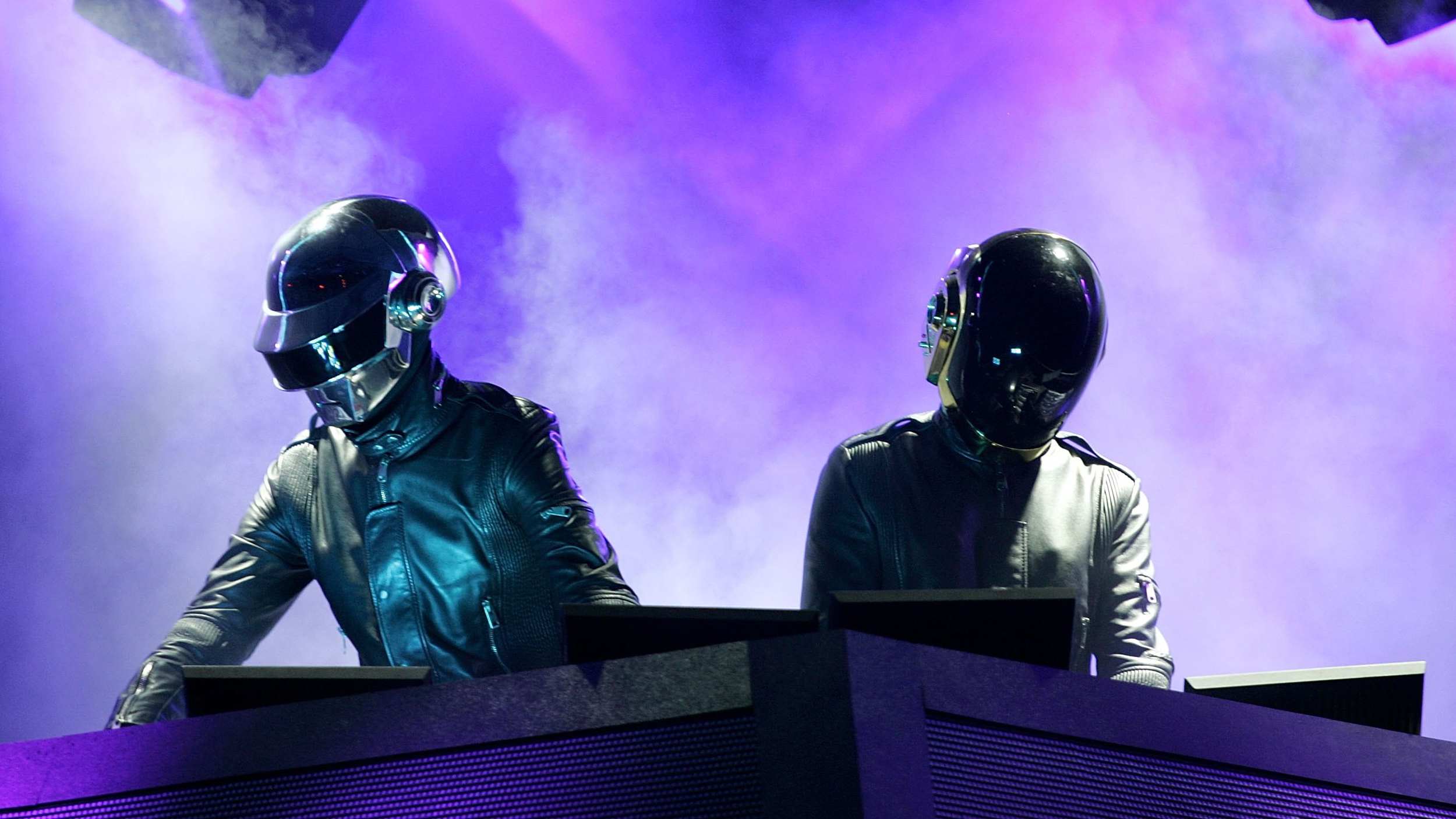Nick Mulvey: “I loved the guitar immediately: the left hand is like the piano and the right hand is like the drums”
The innovative acoustic songwriter on playing, writing and new album Wake Up Now
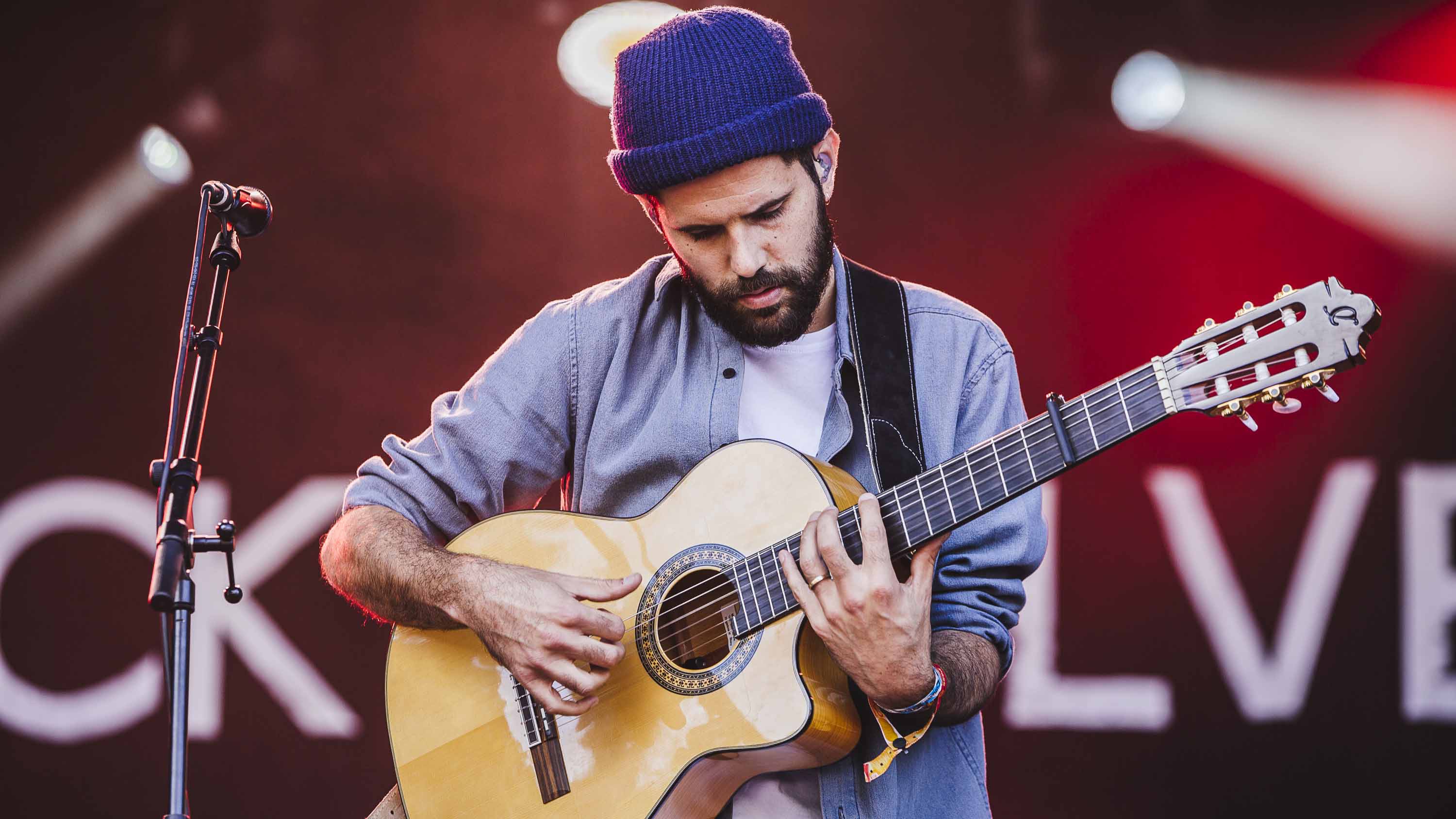
Writing your follow-up album while becoming a father can’t have been easy, but it seems to have worked out well for UK singer-songwriter Nick Mulvey.
Nick Mulvey is an artist who is unafraid to push the boundaries of acoustic music. The UK singer-songwriter, who studied music in Havana, Cuba, and is heavily influenced by African guitar players, is renowned for his rhythmic and exotic style of playing. Mulvey’s Mercury Prize nominated debut album, First Mind, released in 2014, reached Number 10 in the UK charts, earning him fans around the globe.
Now the UK singer-songwriter is back with the follow-up, Wake Up Now, which pushes the boundaries of the genre even further. Using Peter Gabriel’s studio, Mulvey teamedup with his musician friends to record a conscious and outward-looking album which poses bigger questions about the world we find ourselves in today.
Mulvey, who became a father during the making of the album, also swapped the hustle-and-bustle of London for sleepy Wiltshire for the recording. we caught up with Mulvey on a brief return to the capital’s Brick Lane, weeks before the new record hit the shelves.
The new album Wake Up Now is about to be released. What can people expect from this record and how would you say it differs from First Minds?
“It’s recorded in a really live way; musicians playing at the same time in the same room. There’s no click track, there’s no sonic isolation; it’s a much more living and breathing recording. That became really important to me during the process because recording that way forces me, as a musician, to be very committed and surrender a lot more control. This album really helped me grow as an artist. I hope fans hear this as a new level for me, because it really feels that way.”
The subjects you explore in the songs seems to have developed a lot too...
Get the MusicRadar Newsletter
Want all the hottest music and gear news, reviews, deals, features and more, direct to your inbox? Sign up here.
“Yeah, I got to the point where looking inwards required me to look outwards. I didn’t need to reflect on my own life anymore. I felt unable not to talk about some of the bigger issues that mattered. When I was writing this record it felt like such an unprecedented time. To galvanise the energy to create a body of work like an album; I couldn’t do it if it was songs about myself. It felt important not to flinch. Things were crazy in 2014 too [when First Minds came out] - but now everybody knows it. Donald Trump is president - the cat’s out of the bag!”
You became a father during the making of this record. Did that impact the songs?
“It definitely did. From the moment of knowing about the conception I felt a deepening sense of responsibility for my part in the world. We are creating the world, it’s not happening by other people in other places; it’s all of us. I was already feeling these questions abut the kind of world we are making right back to the first record, but I wasn’t quite ready as a writer to go there. Now I felt ready to talk about the outside world. That was definitely grounded in knowing I was going to become a father.”
Johns-town company
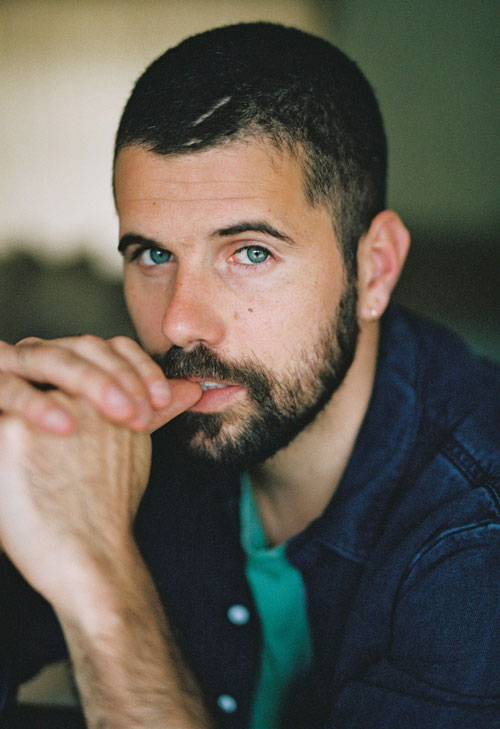
Where was the album recorded and how long did it take?
“By the time Inka was born, I didn’t want to go far afield. I wanted to work close to the family in Wiltshire, so Peter Gabriel’s Real World Studios was a no-brainer. It’s just this perfect spot, an ideal place to be. I set up there with all my musician friends, brought the family along. Recording in this way led me to working with Ethan Johns [Paul McCartney, Tom Jones, Crosby, Stills and Nash, Laura Marling]. Ethan’s a very fierce protector of the sacredness of those moments in recording. So when afterwards I’d be like ‘shall we tweak it this way?’ he was very good at protecting what we had made. Sometimes I need that.”
You’re on the road solid throughout October. What do you like most, and dislike most, about being on the road?
I also use a Gibson ES-175, which is a no-brainer step into electric guitars as all my acoustic playing was instantly transferable
“The best thing is the fans. Sometimes I can be in a bit of a bubble and I really need to go to the shows and meet people. I love my fans. I’m very touched that there’s a sense that everyone knows what we’re talking about with these songs. Over the summer it has been difficult being apart from my wife and kid, but from the autumn, when it gets busy, I’ll bring them along too.”
What gear are you using for the live shows?
“I’ve got Spanish guitars made in Barcelona by these two brothers called Camps. I also use a Gibson ES-175, which is a new instrument for me, but a no-brainer step into electric guitars as all my acoustic playing was instantly transferable. Its hollow body and the neck feels really comfortable. I also play a Mya-Moe baritone ukulele. Pedals have been simplified on this record. I use Boss DD-7 delay, Boss Space Echo [delay], and a MR Black SuperMoon reverb pedal. At home, I’ve got a vintage South African steel string from the 1940s called a Bellini. It’s amazing, but not suitable for the road!”
What's your band setup for touring?
“Bass, drums, two electric guitars, keyboard, synths, and everyone singing!”
How did you first get into playing the guitar, then?
“I came to the guitar late, about 17. I was musical before then, playing drums and piano, and knew a few basics about harmony and how to put a chord together. Then I was on holiday in France aged 17 and there was nothing to do - but there was a guitar there. I remember the first time I picked up the guitar really well - I loved it immediately.
“I remember this specific thought that the left hand is like the piano and the right hand is like the drums. And I still like that, even now. The left hand is the piano and the harmony. It’s the intellect, it’s about my decision-making process; I think about the left hand, I work it out, it’s logical. My right hand is a lot more instinctive and it’s all the better for not being interfered with by my conscious mind.”

Energy leaks
What artists and bands inspire your playing?
“I love the African guitar and it’s had a profound effect on me. Players like Ali Farka Touré and D’Gary. It’s the emphasis on the independence of different fingers in the picking lines that I like about African music; different lines interweaving. The thumb is like the kick drum, index and middle fingers the snares, and the fourth finger is like a hihat.
“I make a pattern with all these elements and then pull out the thumb, which creates a vacuum and a moment of tension, and then release that tension by bringing the thumb back in. Kind of the way hip-hop would; you drop out the beat and then bring it back in.”
Tell us about the songwriting process for you...
Often the process of living with a song for a long time can make it hard to make decisions about it. Songs can leak energy
“I welcome songs any which way they wanna come. Some songs come really quickly, which is ideal because they come in their most vital way. Often the process of living with a song for a long time can make it hard to make decisions about it. Songs can leak energy and lose their sense of direction after time too.
“Songs on the record like We Are Never Apart, Transform Your Game and When The Body Is Gone, they all came really quickly. Other songs like Mountain To Move and In Your Hands took a lot longer; I lived with them for a long time.”
Is it usually lyrics first, or guitar?
“It’s normally guitar that comes first and that informs the rest of the song; it shows me where the melody wants to go. The guitar forms the melody phrases and they suggest words to me. At the words point it becomes less of an intuitive experience to more of an intellectual one and I start to think about what the lyrics are about.”
If you had to give any advice, what would it be?
“The industry can feel very remote and daunting place, so to understand yourself as already part of the industry is to know your worth, which puts you in a stronger position when you meet people from labels and promoters. Also, it’s down to you to honour your creative urges!”

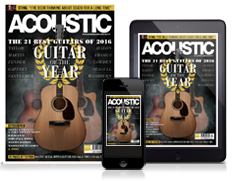
“Beyond its beauty, the cocobolo contributes to the guitar’s overall projection and sustain”: Cort’s stunning new Gold Series acoustic is a love letter to an exotic tone wood
“Your full-scale companion. Anytime. Anywhere… the perfect companion to your full-size Martin”: Meet the Junior Series, the new small-bodied, travel-friendly acoustic range from Martin
